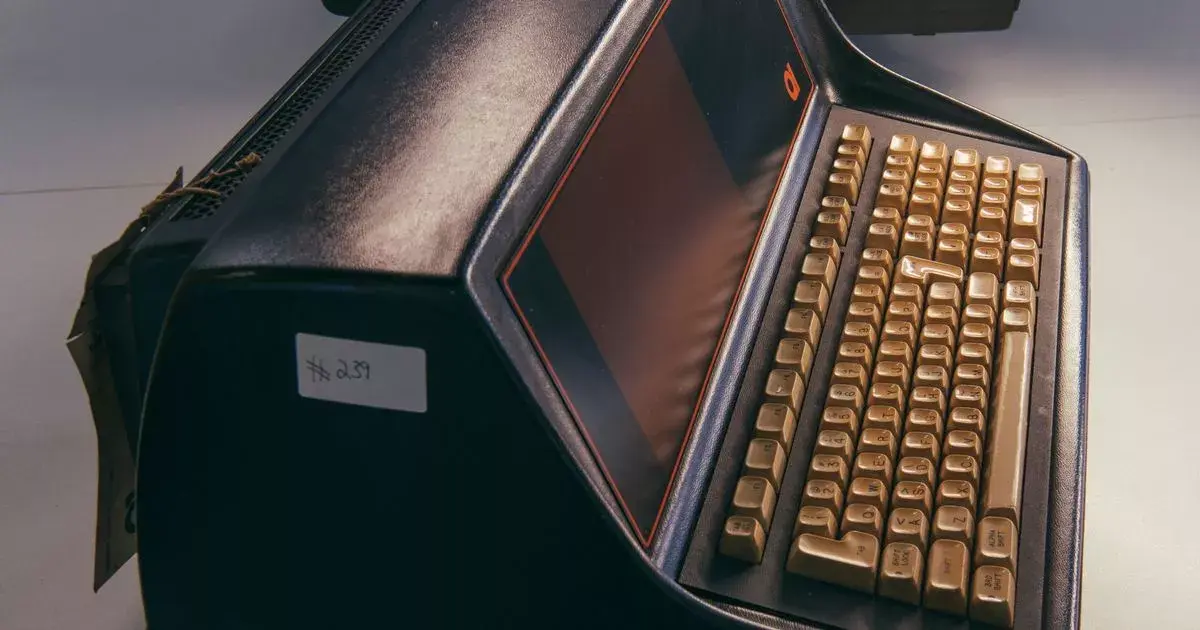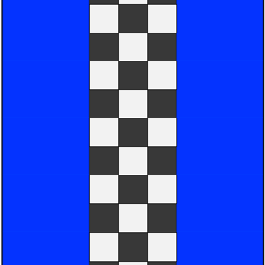Two of the world’s first desktop computers have been discovered during a house clearance. The Q1, which was launched in 1972, changed the way we use computers today.
These two models, which are among only three known surviving examples worldwide, were found hidden under boxes during a house clearance in London by waste firm Just Clear. The staff at Just Clear, who aim to salvage and reuse as many items as possible, didn’t know what they had stumbled upon but decided to set them aside until they could find out more.
I wonder if its new custodians will try to safely get it operational again.
(Would it be better to replace any faulty components and have it actually working, or to keep it as a dead display piece with all internal parts untouched?)
They have two, so they can do both
It depends. Electrolytic caps can leak and cause further damage to the boards, so it would be better to remove those outright, regardless of the plans.
Personally though, there is way greater value in something like this if you can show people how it worked, rather than just how it looked.
That’s my view as well, but I can understand how some people would prefer to keep a rare artifact in its original form.
Once the free exhibition wraps up at Kingston University’s Penrhyn Road campus on Saturday [Feb 17], those rare Q1 computers will either go under the hammer at auction or be privately sold.
i wonder what bids he’s already received for those things

Likely going a grand bit of change
Pity they would make good displays at The Cave - RMC Retro Museum in Chalford
LGR hammering the buttons on a mouse that also doubles as a drinks cooler while looking on ebay for these…
Neat-O! I’d love to see the display on those.
High resolution photos here:
https://www.thebyteattic.com/p/q1.html
https://technikum29.de/de/geraete/Q1_lite/Q1_lite_Details.php
Wow that looks cool, would love to see more about it. Especially the colors
Some other things I noticed
- those arrow keys are confusing, but I can see why the first thought was to place them like that
- shift lock instead of caps lock, almost makes more sense to me
How do you feel about “Alpha Shift”, " 3rd Shift", and “4th Shift”?
Those arrow keys are confusing, but I can see why the first thought was to place them like that
I’ve seen worse. The Commodore 64 used two arrow keys and Shift. Many 8-bit computers split them onto completely different sides of the keyboard, and nobody agreed on what the layout should be, even if the group was similar. Finally, DEC and then IBM standardized the inverted T, and all was right with the world.
Yep I do not like those 😬
I think that was quite common in that era - probably from typewriters which had a shift lock rather than a caps lock (as due to the mechanical nature it isn’t possible to shift just the alphabetic characters on a typewriter). Commodore used Shift Lock on their computers pre-Amiga (also it was a physical clicky button, which is the most satisfying thing ever).
Hmm, is this the same find as this one?









